Research on Policing Reform and Accountability (RoPRA), a prestigious research lab co-founded by faculty from Princeton University and the University of Pennsylvania, is actively recruiting for the role of Professional Specialist. This position offers a unique opportunity to work in a multidisciplinary research environment focused on police oversight, reform, and accountability. Candidates passionate about criminal justice and equipped with strong research and data skills are ideal for this one-year, renewable role. The job involves direct collaboration with faculty, students, and external law enforcement partners to ensure rigorous and timely research output.
Key Responsibilities of the Role
- Data Collection and Management
- Manage complex datasets from diverse and sensitive sources.
- Construct new datasets through scraping, public records, and direct outreach.
- Maintain replication files and public data on RoPRA’s official website.
- Collaboration and Communication
- Work closely with faculty, research affiliates, and external collaborators.
- Support the coordination and execution of ongoing research projects.
- Develop partnerships with law enforcement agencies for data sharing.
- Research and Technical Support
- Conduct literature reviews and perform detailed research summaries.
- Assist in the design of experimental and observational studies.
- Apply advanced statistical and econometric methods for analysis.
- Digital and Web-Based Activities
- Scrape data from web sources using automated tools.
- Post research updates and datasets to RoPRA’s digital platforms.
- Use HTML and internet tools to manage content visibility and formatting.
- Reporting and Documentation
- Write research summaries and technical reports for public and academic audiences.
- Assist with grant applications and progress reporting.
- Maintain detailed project documentation and timelines.
Required Qualifications
- Educational Background
- Minimum: Master’s degree in business, computer science, economics, politics, statistics, or a related discipline.
- Preferred: Ph.D. in a relevant field.
- Research Skills
- Demonstrated ability to conduct academic research.
- Strong background in quantitative and experimental methods.
- Skilled in performing literature reviews and writing summaries.
- Technical Expertise
- Proficiency in R and/or Python.
- Experience using internet tools and HTML.
- Familiarity with LaTeX, ArcGIS, and GitHub preferred.
- Communication and Teamwork
- Strong verbal and written communication skills.
- Comfortable contacting people via phone to gather data or build collaborations.
- Experience working in a collaborative team environment.
- Subject Matter Experience
- Background in law enforcement, criminal justice, or police oversight is a plus.
- Understanding of data sources used in political science, economics, or sociology.
Desired Candidate Attributes
| Attribute | Details |
|---|---|
| Analytical Skills | Ability to process large volumes of data and draw insights. |
| Attention to Detail | Meticulous in handling sensitive information and verifying data accuracy. |
| Time Management | Capable of meeting tight deadlines and balancing multiple projects. |
| Initiative | Proactive in seeking new datasets and partnerships with law enforcement. |
| Team-Oriented | Willing to collaborate across disciplines and roles. |
| Adaptability | Flexible in adjusting to project demands and new research developments. |
Application Process
Interested individuals are required to prepare and submit the following documents:
- Cover Letter
- Updated Resume/CV
- Academic Transcript
- Two Letters of Recommendation
- Writing Sample (demonstrating research experience)
Application Link
Applications must be submitted via Princeton University’s academic job portal:
Work Environment and Support
- Work closely with RoPRA faculty from Princeton University and the University of Pennsylvania.
- Access to interdisciplinary research labs and data science resources.
- Participate in academic workshops, seminars, and discussions on police reform and accountability.
- Engage with real-world partners in law enforcement and public policy.
Project Focus Areas at RoPRA
| Research Area | Description |
|---|---|
| Policing Strategies | Evaluate the effectiveness of alternative approaches to law enforcement. |
| Community-Police Relations | Study public perceptions and trust in police across different communities. |
| Accountability Mechanisms | Examine the impact of oversight boards and internal affairs divisions. |
| Use of Force | Analyze incidents involving force and their outcomes. |
| Training and Professionalization | Assess the role of training in improving policing outcomes. |
Professional Development Opportunities
- Opportunity to contribute to high-impact research influencing public policy.
- Build a strong portfolio in criminal justice research.
- Network with leading academics and policymakers.
- Develop skills in data science, statistical analysis, and academic writing.
Benefits of the Role
| Benefit | Explanation |
|---|---|
| Mentorship | Work under the guidance of renowned faculty and researchers. |
| Academic Exposure | Engage in research presentations and conferences. |
| Skill Enhancement | Gain experience in project design, data management, and statistical methods. |
| Job Flexibility | Participate in a dynamic and supportive academic setting. |
Future Implications
This opportunity with RoPRA is well-suited for individuals who are passionate about justice, skilled in research, and comfortable working with data and collaborators. The position blends academic rigor with real-world impact, focusing on issues central to modern law enforcement and reform. Ideal candidates will not only possess strong technical and analytical skills but also have a drive to contribute meaningfully to public policy and policing practices.
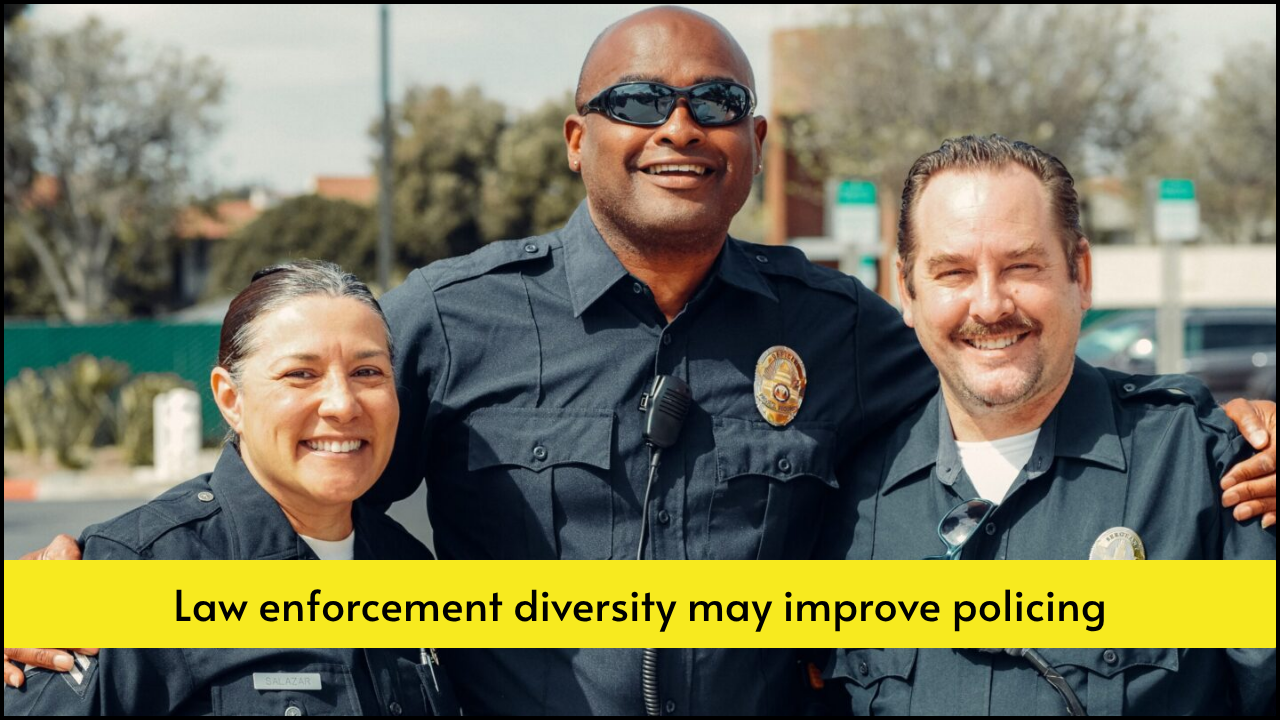
Law enforcement diversity may improve policing

Disparities in Police Award Nominations, Evidence from Chicago

Training Officers to Work Effectively with Young People
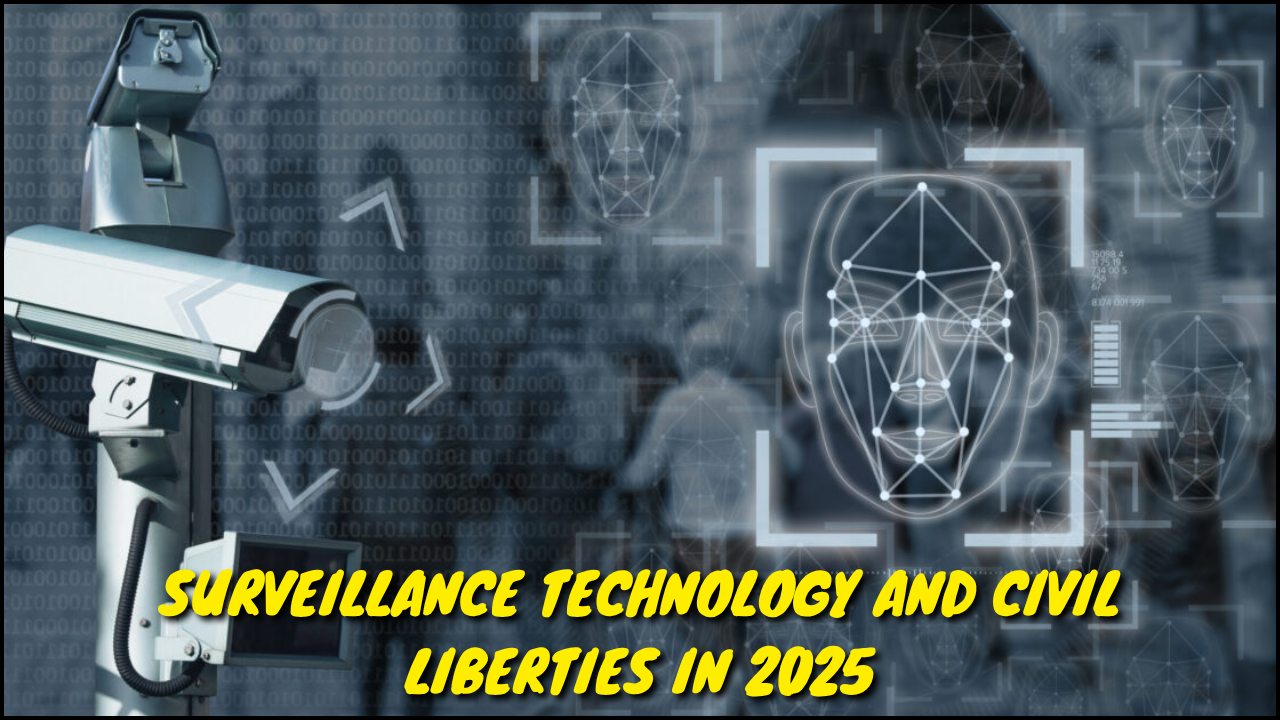
Surveillance Technology and Civil Liberties in 2025
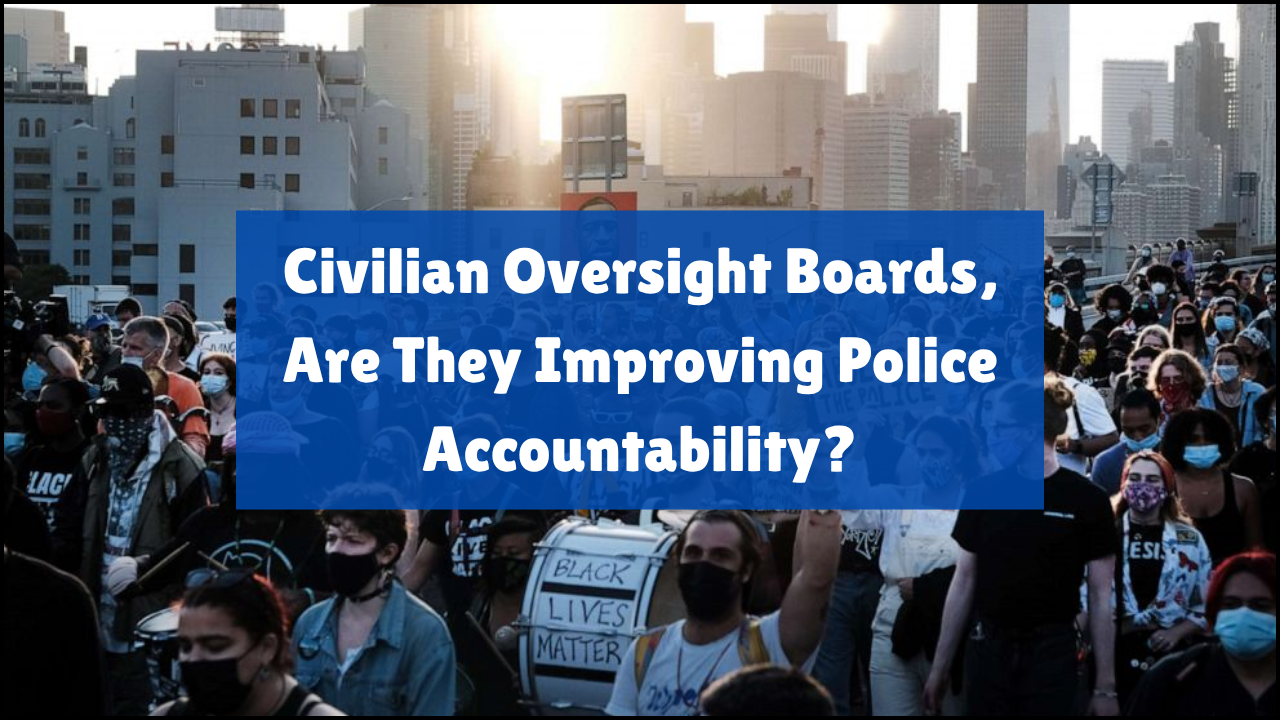
Civilian Oversight Boards, Are They Improving Police Accountability?
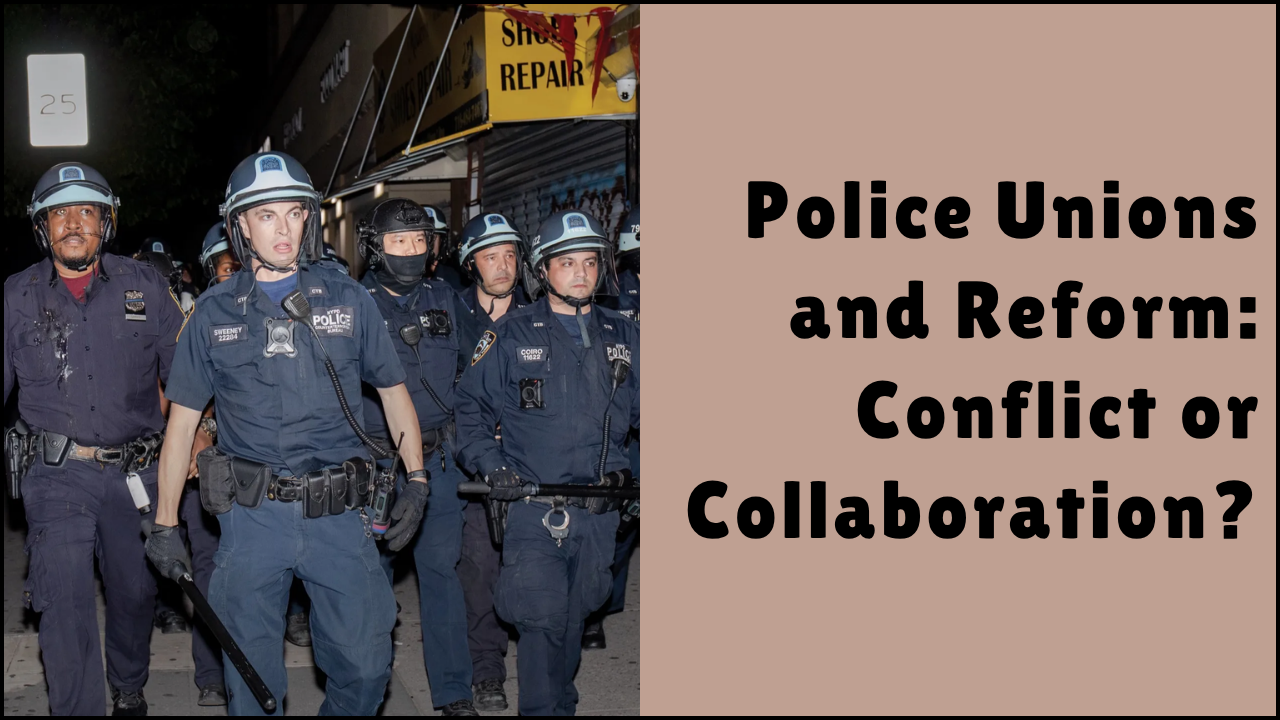
Police Unions and Reform, Conflict or Collaboration?
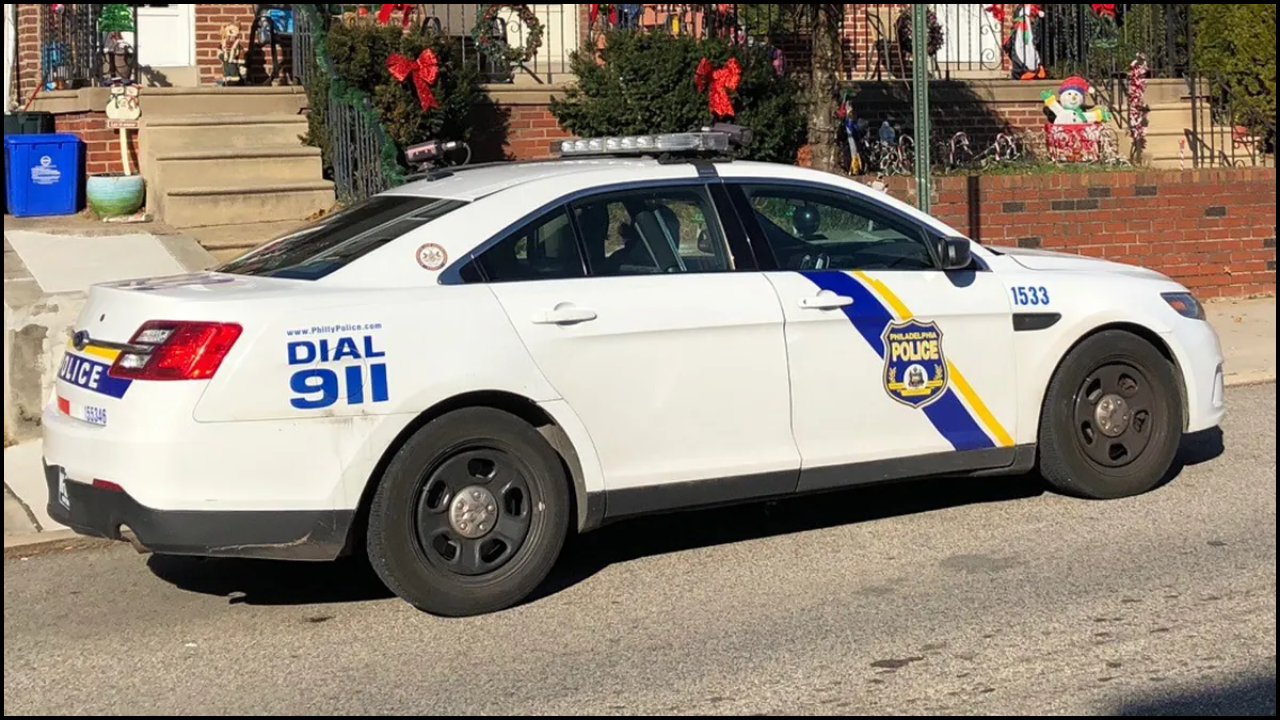
Complaints Against Philly Cops Average 463 Days to Get Heard. Few Cops Are Penalized
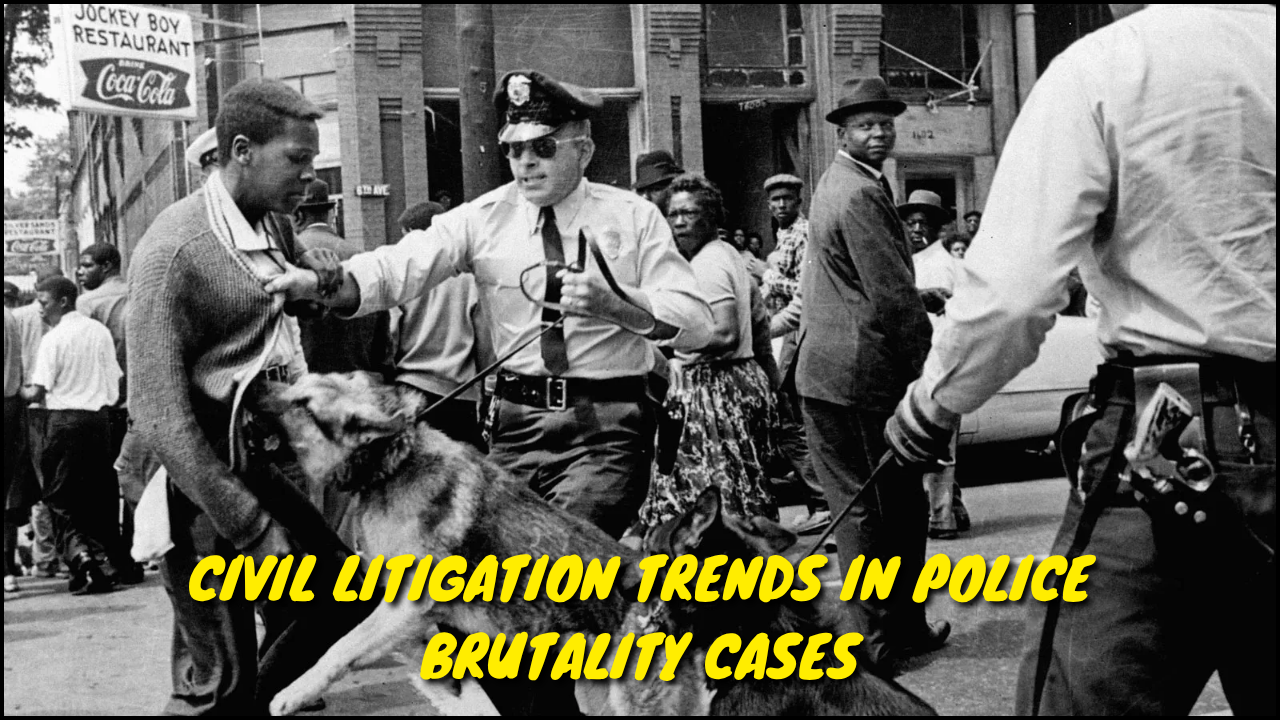
Civil Litigation Trends in Police Brutality Cases
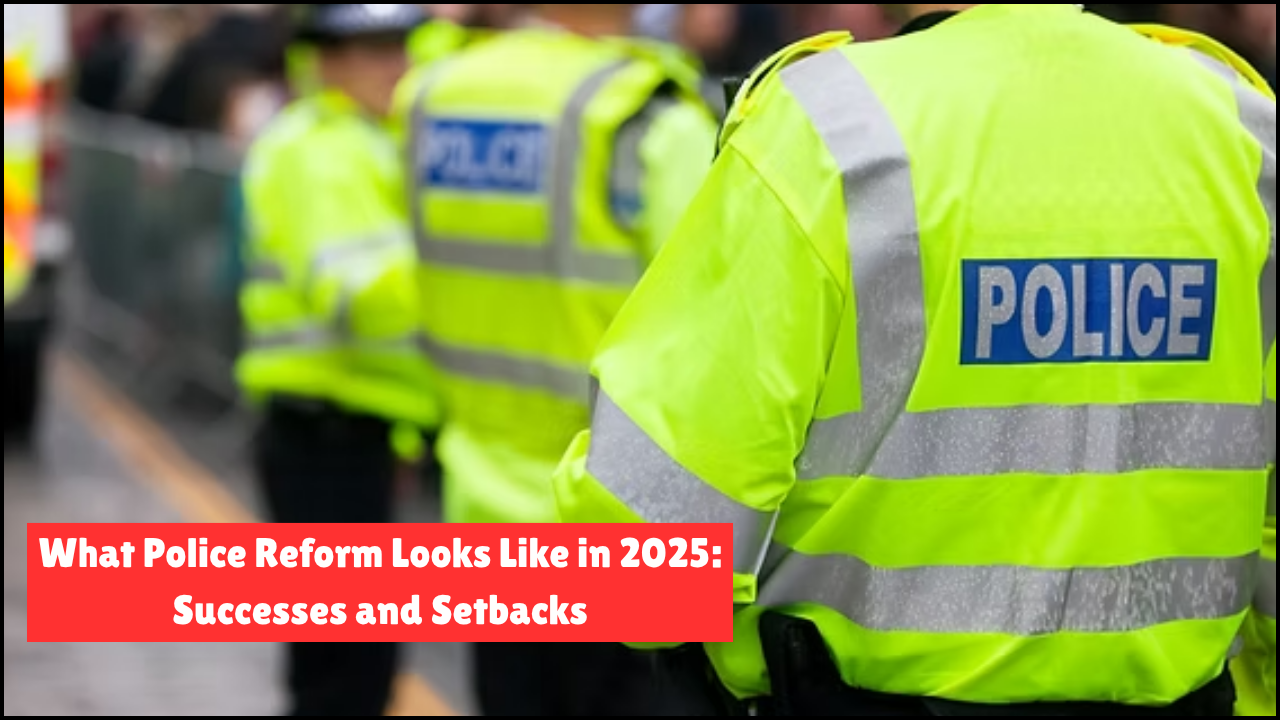
What Police Reform Looks Like in 2025, Successes and Setbacks
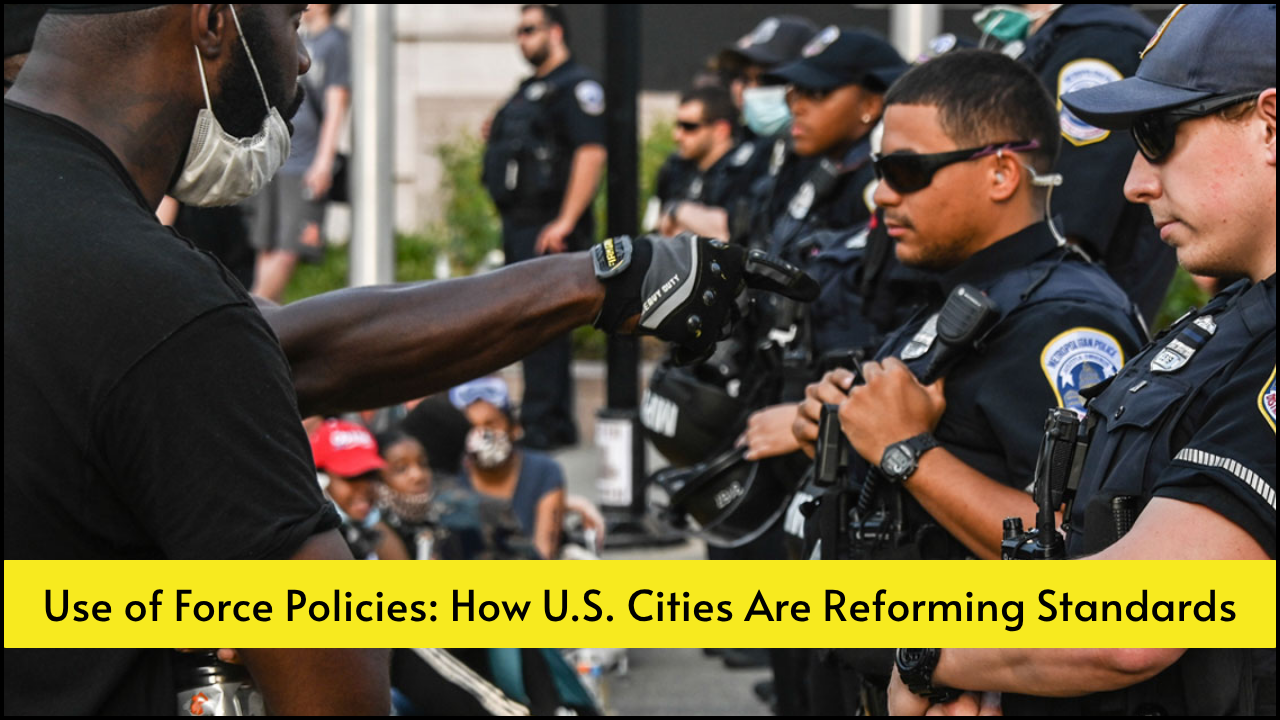
Use of Force Policies, How U.S. Cities Are Reforming Standards
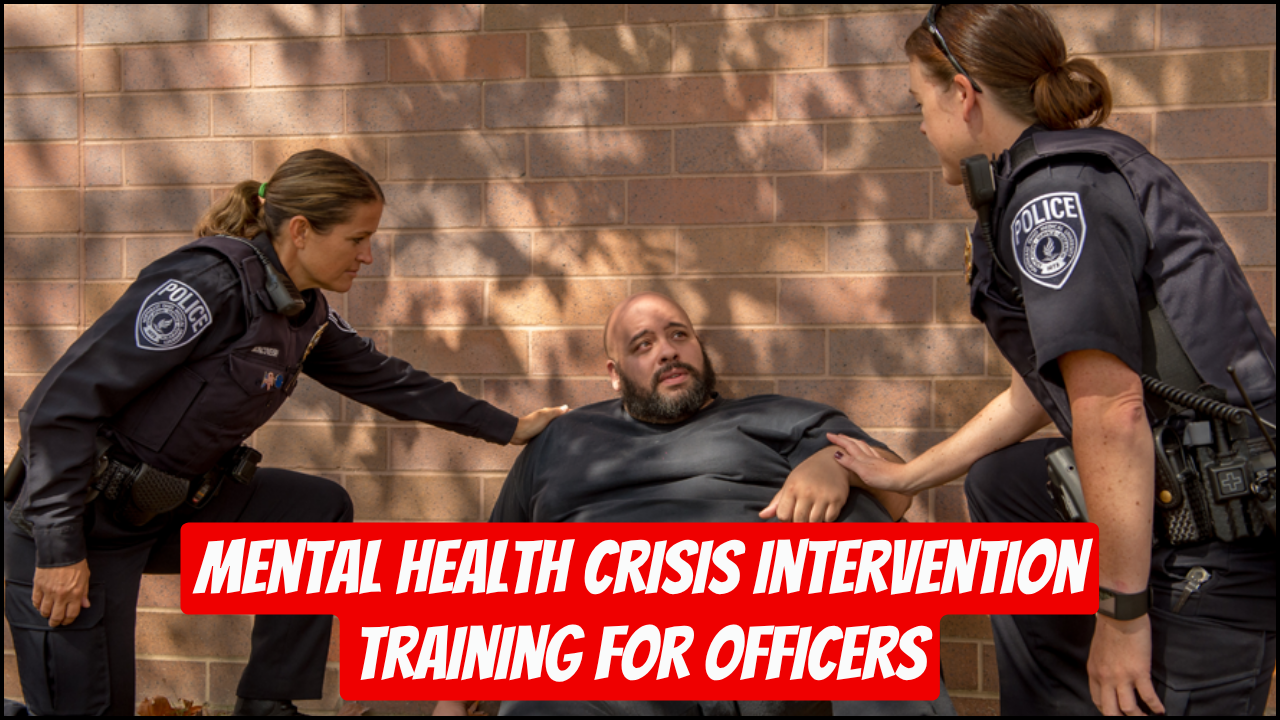
Mental Health Crisis Intervention Training for Officers

